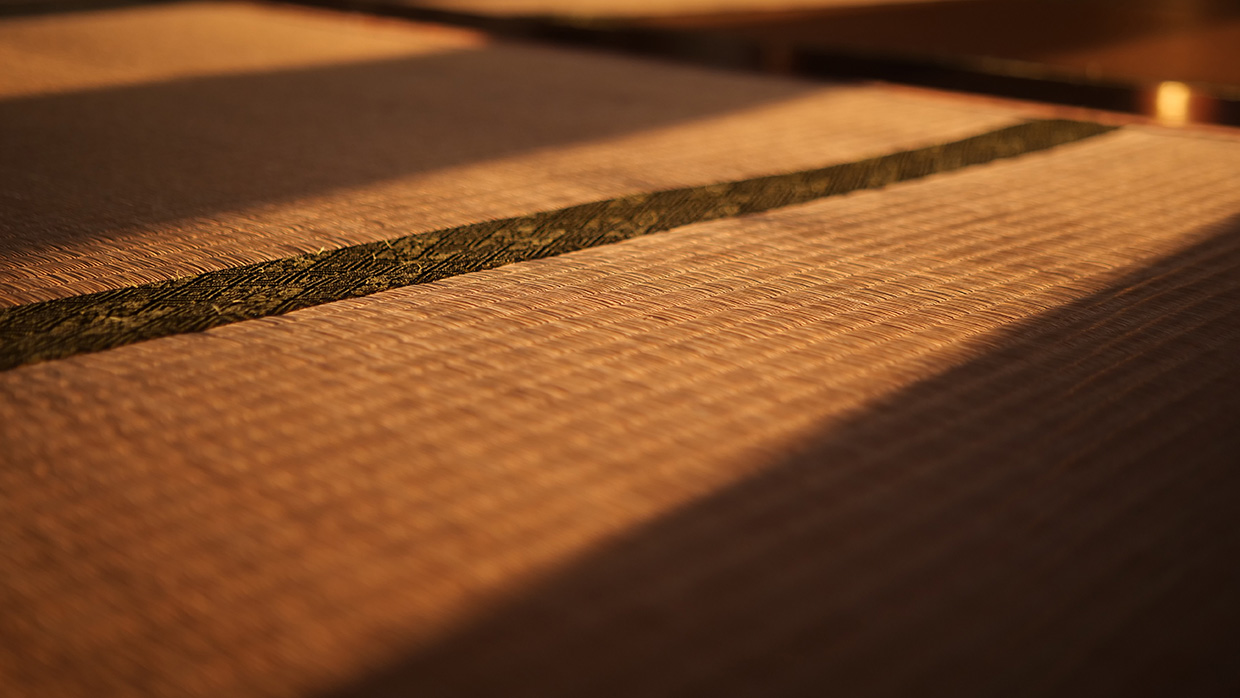E.H.

- I was worried whether I would be able to keep up with a temple stay, given my age of 66 and the significant decline in my physical strength over the past year and a half.
The reason I decided to participate in the temple stay was that I wanted to use it as an opportunity to change my bad habits. About a year and a half ago, I became ill and was bedridden for almost five months. Even after I recovered, I couldn’t return to my previous lifestyle. I couldn’t work the way I used to, and everything—housework, gardening, and even my studies—became half-hearted. Age was certainly a factor, but I knew that the main reason was my own lack of discipline. However, I was still worried about whether I could keep up with the temple stay, given that I had lost quite a bit of physical strength over the past year and a half at the age of 66.
At the temple stay, I woke up at 4:45 AM to the sound of the bell. Stepping outside the tent and breathing in the fresh air of the forest, I could feel the vitality of the trees. However, there was no time to linger in that peacefulness as the day quickly began.
During the morning chanting, my voice which had been difficult to produce at first, gradually grew stronger as I joined in, and I could feel my entire body waking up. I also enjoyed watching Mr. Eikou and the junior monks as they circled the hall while chanting sutras. The monks’ chanting, with their low voices in unison, was powerful and beautiful, and it felt as though it was resonating with my soul. My family home is Catholic, and I thought the melody of their chants resembled the solemnity of a Catholic mass.
The time for morning chores, or “samu,” was physically demanding, but I found it very fulfilling. I was especially grateful to be allowed to clean the main hall where the important Buddha statue was enshrined every morning during my stay. I also had the rare opportunity to participate in “ash leveling” for the incense burner, which was a unique experience I would never have had in my daily life. I truly felt fortunate.
One of the junior monks said, “Samu is a time of awareness.” I had been sweeping with just my arm strength, using force, but by the final day, I had developed blisters on the base of my right thumb, which burst and caused pain. I recalled what I had been taught at the beginning: “Samu is a battle against time. There are many ways to sweep with a broom. Some methods can strain your body, but with some creativity, it can become easier and even help loosen up your body.” When I used my entire body, it became much easier. I felt that this lesson also applies to communication with others.
The “four-legged wiping” (a kind of floor cleaning using all of your muscles) was a physical challenge I hadn’t done in 30 years. On the first day, I could only manage a short distance, but by the final day, I was able to do much longer distances than I had ever expected. This was a pleasant surprise for me, as someone who lacked confidence in my physical strength. It gave me a sense of accomplishment and confidence that “if I try, I can do it!”
During mealtime, I learned to pay attention to the sounds I made, to cherish the food, and to finish eating in sync with others. I also learned the beauty of food etiquette and the elegance of performing tasks without waste. Even something as simple as bowing properly or ensuring that we gathered 10 minutes early was an important lesson that I could apply to my daily life.
I had read in a book before that “not being afraid to make mistakes is the spirit of Zen,” and I really felt this on the last day after the tea ceremony. One of the junior monks said, “It’s okay to make mistakes, but I wanted you to take action. If you make a mistake, we will correct it, so don’t be afraid to make mistakes.” This made me realize that, over time, I had started acting in a way that avoided mistakes and prioritized self-protection. It made me reflect deeply, and I’ve decided to act more proactively from now on.
I realized that I need to strengthen my body, but also take better care of it. There were many things I learned during my temple stay, and although it was relatively easy to become aware of and understand them, putting them into practice is difficult. Still, I plan to start with what I can do and make an effort to turn these actions into habits.
The sense of accomplishment I felt when we finished the last day with the support and encouragement of my fellow participants was immense. We all celebrated together. The junior monks were kind and patient, choosing their words carefully and teaching us with great skill and perseverance.
I hope to improve my physical strength and return to another temple stay in the future. I am truly grateful.
